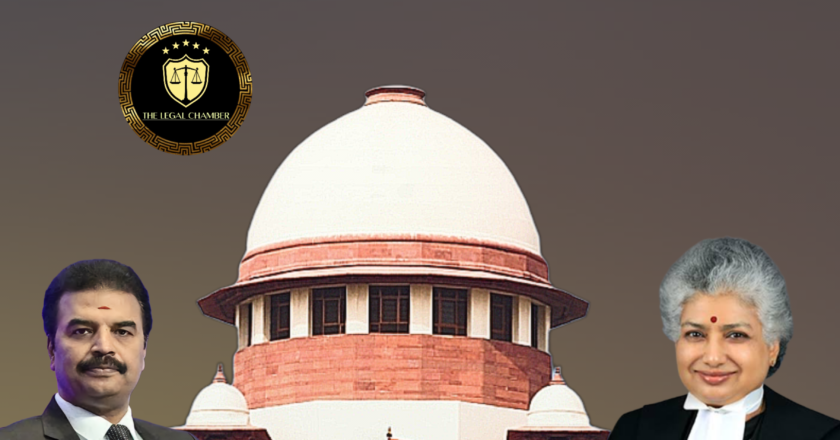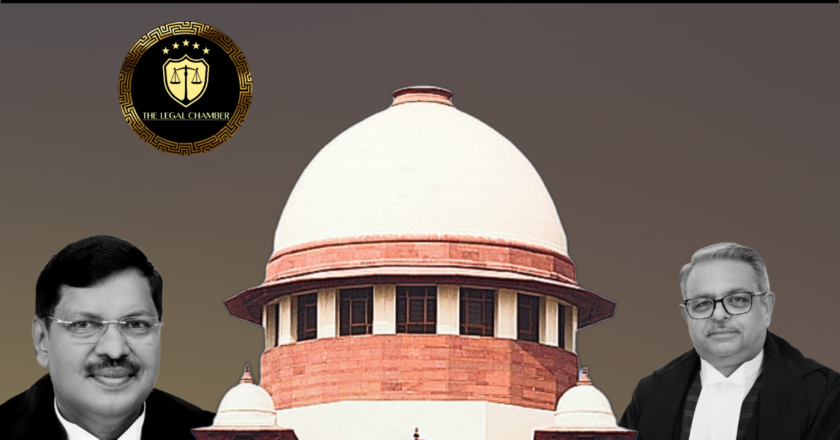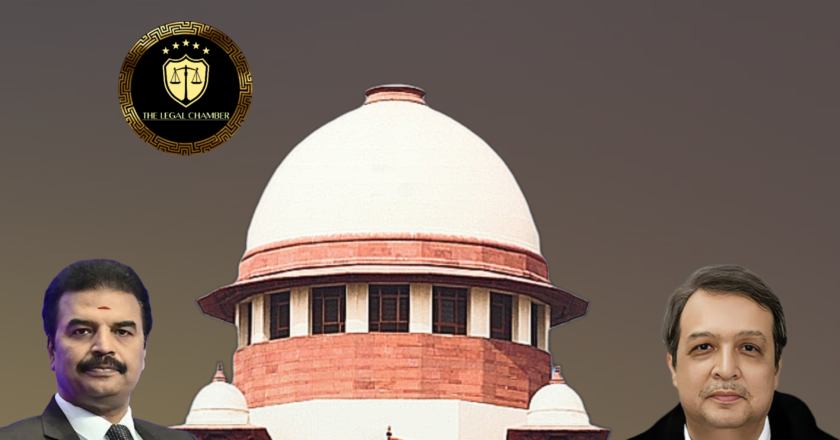Supreme Court Facilitates Settlement in Rape and Cheating Case, Orders Return of Money and Gold
The Supreme Court disposed of appeals concerning allegations under Sections 376, 406, and 506 of the IPC by facilitating a settlement. The Court directed the appellant to deposit a specified sum with the Trial Court and gold ornaments with the High Court Registrar for release to the prosecutrix, thereby resolving the disputes.
Facts Of The Case:
The case originates from an FIR registered against the appellant-accused based on a complaint filed by the second respondent, the prosecutrix. She alleged that the accused, who was assisting her with ongoing divorce proceedings, forcefully subjected her to sexual intercourse in December 2017 under the threat of disseminating her photographs. Subsequently, on multiple occasions in 2018, he established a physical relationship with her on the false ...









